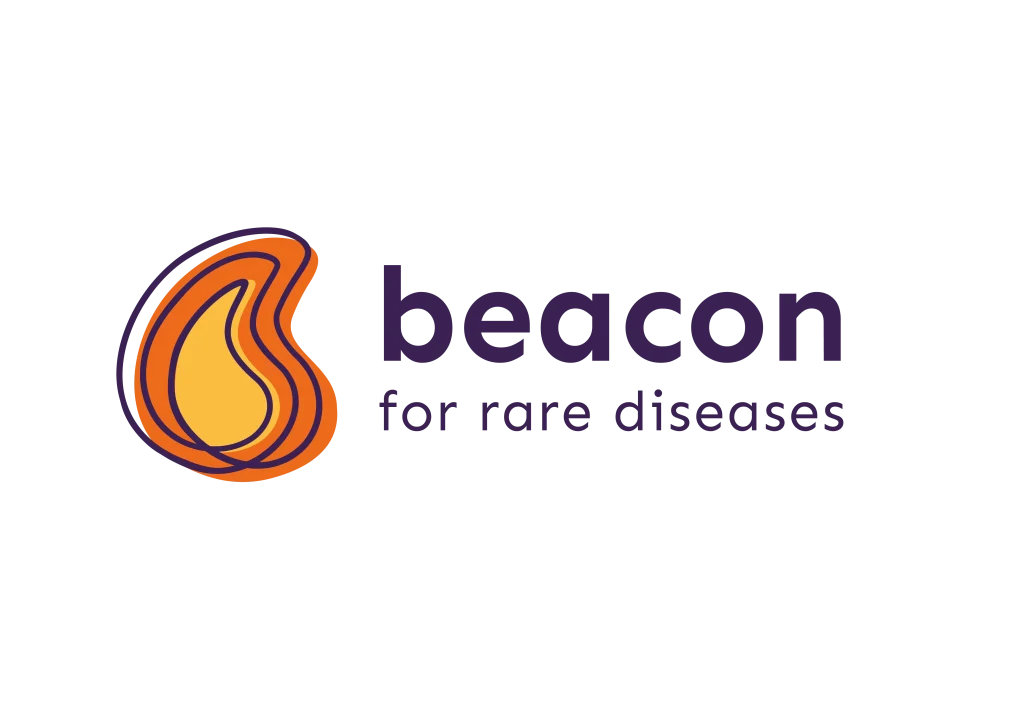As part of its remit, the Financial Reporting Council (FRC) regulates auditors and accountants as well as setting the UK’s Corporate Governance and Stewardship Codes. The work undertaken by the FRC is aimed at anyone who relies on company reports and the regulator is keen to promote best practice in financial reporting. As such, the FRC has recently undertaken some research into annual reports and accounts and published its findings in “What makes a good…Annual Report and Accounts”. Although the publication is aimed at corporate entities, the recommendations are largely applicable to charities.
Here are 5 tips for what makes a good Annual Report and Accounts for a charity:
Tip 1: Avoid repetition
Plenty of Trustees’ Reports provide information on one page, only for it to be repeated in some form again a few pages later. This doesn’t inspire your audience to carry on reading! Repetition can stem from reporting requirements evolving over time and disclosures being layered into the report of the previous year. It’s far better to start with a new skeleton template each year that removes information that is no longer required, as well as highlighting the overview that you are trying to provide.
Tip 2: Keep it relevant
Trustees’ Reports can approach 100 pages (some are more)! Accountants love ‘materiality’ on the numbers. But materiality is similarly important when it comes to the narrative section of the Trustees’ Report too. Only relevant information should be included in a good quality charity annual report. Irrelevant material obscures the important information that readers need to make informed decisions and judgements.
Tip 3: Clarity and impact
With software it’s easy in an annual report to add graphs, tables, charts, photos, infographics, flowcharts, heatmaps – the list goes on. However, does any of this make the annual report clearer? Some annual reports need a good tidy up and a reduction of unnecessary clutter! A good reference on design and clarity of reporting can be found in Jon Moon’s book, ‘Clarity and Impact’. It includes some great tips on how to improve clarity when writing reports and is available here: https://www.jmoon.co.uk/book.cfm.
Tip 4: Be honest
For a charity to list numerous targets that were set in the prior year and then to state that every single one has been met is scarcely credible. Or the targets are too soft. An annual report that only includes a list of every target being met, will make the reader sceptical. The FRC encourages preparers of corporate reports to be unbiased:
Information is unbiased if it is ‘fair, balanced and understandable’.
A balanced annual report should refer to both positive and negative aspects of the performance and future prospects as well as the risks and opportunities.
The annual report should present an open and honest account of the activities, performance and future prospects.
Tip 5: Include meaningful comparisons
Consider this statement in an annual report:
“Last year we had a positive impact on the lives of 218 children”
That’s a powerful statement, but is it a good result? How many lives did the charity improve in the previous year? How many children were the charity aiming to help this year?
Something like this is far more meaningful to a reader:
“Last year we had a positive impact on the lives of 218 children. This was 23 more children than we helped in the prior year but fell short of our target of 250. The key reason for missing our target was the reduction in our government funding, which meant that we were unable to recruit as many support workers as we had originally planned”.
It’s usually far better to tell the full story.
The full FRC report is free and can be downloaded here: https://www.frc.org.uk/getattachment/d3e86b16-22b6-4aa7-a6fe-1dc83657335f/What-Makes-a-Good-Annual-Report-and-Accounts.pdf






